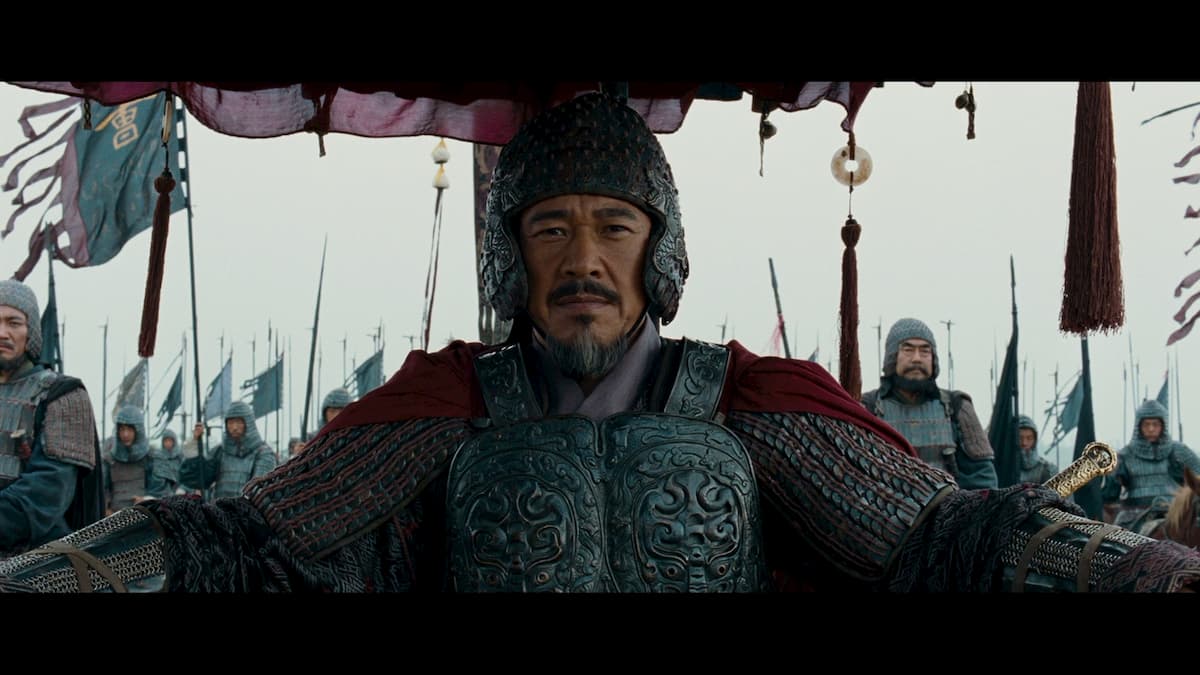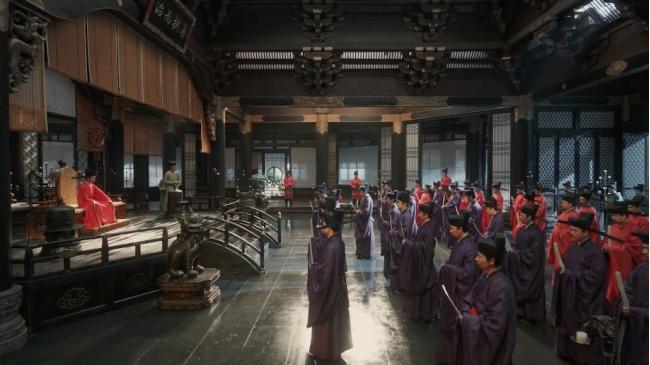The great man once said, "Reading history makes people wise, knowing the past can reflect on the present." History is a record of a nation or country from birth to development to reproduction. The civilization of China has a long history, and the richness of historical books left by our ancestors, which is rare in the world. Among them, with the "Twenty-Four Histories" as the representative of the official history, and countless local chronicles and family tree book are our historical memories, which are the sources of our wisdom and exclamation.

Among these many historical books, there is a book that has been admired by countless heroes, emperors and generals since its birth. This book was carefully read by Emperor Kangxi and left 107 notes. Chinese Communist leader Mao Zedong read it 17 times. During the Song Dynasty, it was called a "state governance textbook" specially made for the emperor. In the Southern Song Dynasty, it was listed as a banned book by the royal family and could only be read by the emperor and the prince. If others dared to peek, they would have the suspicion of rebellion and would be killed.

Yes, this magic book is "The Comprehensive Mirror in Aid to Governance"(Zizhi Tongjian), which is known as "the Duo of history" together with "Masters on the Records of the Grand Historian"(Shi Ji). It records the rise and fall of 16 dynasties from the Warring States period to the Five Dynasties.

It uses the rise and fall of each dynasty as a clue to analyze the virtues and evils of the emperor and his ministers, the success or failure of governance, and summarize the lessons of the change of dynasties while recording history. While carrying out history and enlightenment, "Zizhi Tongjian" still has literary colors and philosophy, and there are countless shocking past events and inspiring maxims that make people unforgettable. It can be enjoyable, can increase wisdom, can guide righteousness, can learn from it, it is a rare good word in life.

For example, Cao Cao in the "Zizhi Tongjian" said: If the army has no money, the soldiers will not come; if the army has no rewards, the soldiers will go(军无财,士不来;军无赏,士不往).This sentence is to be given to today's entrepreneurs. The meaning is that if the boss is not willing to "spend money", the talents will not be recruited; if they come, but the boss are not willing to reward, and the talents will not stay. And there are two keys to rewards - they must be strong and they must be timely. If you want to achieve great things, you must be willing to "lose some benefits", you can only gather talents with this, and work together to do great things.

For an other example, "Zizhi Tongjian" records Wu Qi and Le Yang, After hard fighting for three years, they finally won and returned. But, the King Wei Wenhou divide the conquered territory to his own son. Then He asked the ministers: "How am I as a monarch?"
The ministers all answered one by one: "You are a benevolent monarch."
But a minister named Renzuo said bluntly: "The monarch attacked and conquered the country of Zhongshan, not gived to the meritorious officials and brothers, but divided among his son, how can it be called benevolence?"

The scene was very embarrassing, and Wei Wenhou was about to get angry. At this time, another minister, Zhai Huang, came out to save the scene: "Monarch, you are a benevolent monarch!" Wei Wenhao asked again: "Why do you think about it?"
Zhai Huang replied: "I've heard that only when the king is benevolent can his subjects be plainspoken. Just now, Mr. Ren's words were plainspoken. Doesn't this prove that you are a benevolent king?"

Wei Wenhao was greatly pleased after listening. One sentence not only dispelled the anger of Wei Wenhou, but also saved Renzuo, who was also a loyal minister, and left a good impression on the leaders. This paragraph teaches the salaried class how to give leaders suggestions.

In the "Zizhi Tongjian" "Tang record" also said: "Anger person is common, laughter is unpredictable" (怒者常情,笑者不可测也)
What does it mean? Being angry is a common human emotion. If someone is angry but does not show it, but keeps a smile on his face, stay away from such person. One sentence, the weak point of human nature, the unpredictability of human heart, has been thoroughly written by Sima Guang. Even if you understand one-tenth of it, it is enough to make you view and have a farther knowledge than your peers.

In terms of worldly wisdom, when the lives and deaths of millions of people are turned over page by page by you, you will become more open-minded.
From a decision-making perspective, seeing the rise and fall over thousands of years, the changing of the old with the new, you will have more foresight and boldness when reviewing your own path.
In regards to personal perspective, while observing the chess game of history spanning 1362 years and witnessing the rise and fall of 16 dynasties, you will stand at a higher vantage point, reflect the true value of success, reputation, profit, and official rank.

Therefore, young man, read "Zizhi Tongjian" carefully. Although it is profound, it is precisely because of its profoundness that studying it more can show your independent thinking ability and more can reflect your profound cultural heritage.

